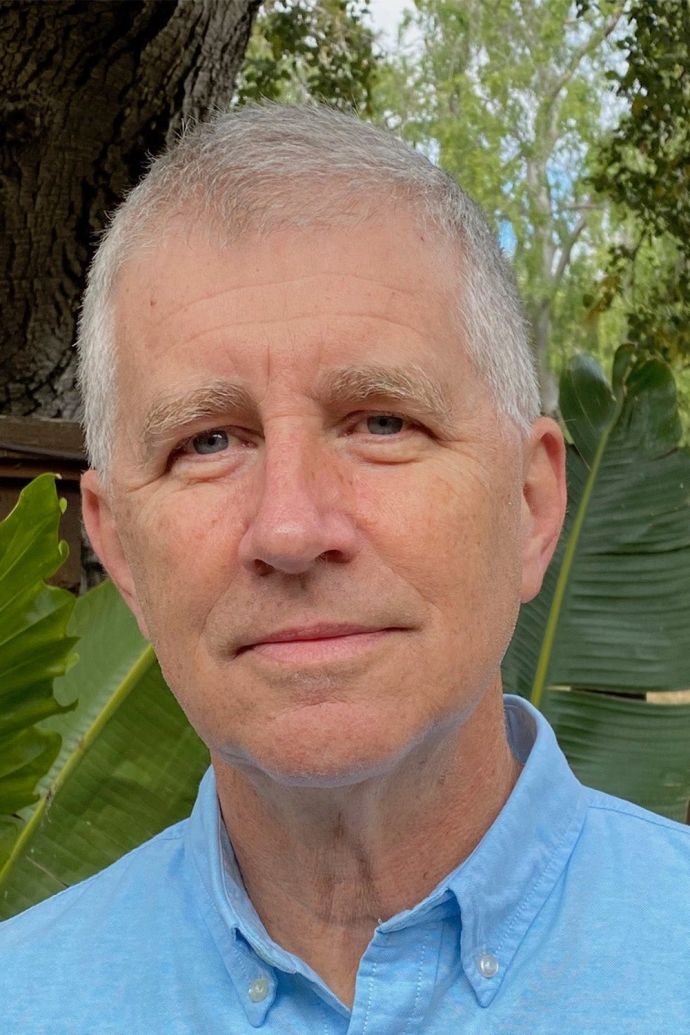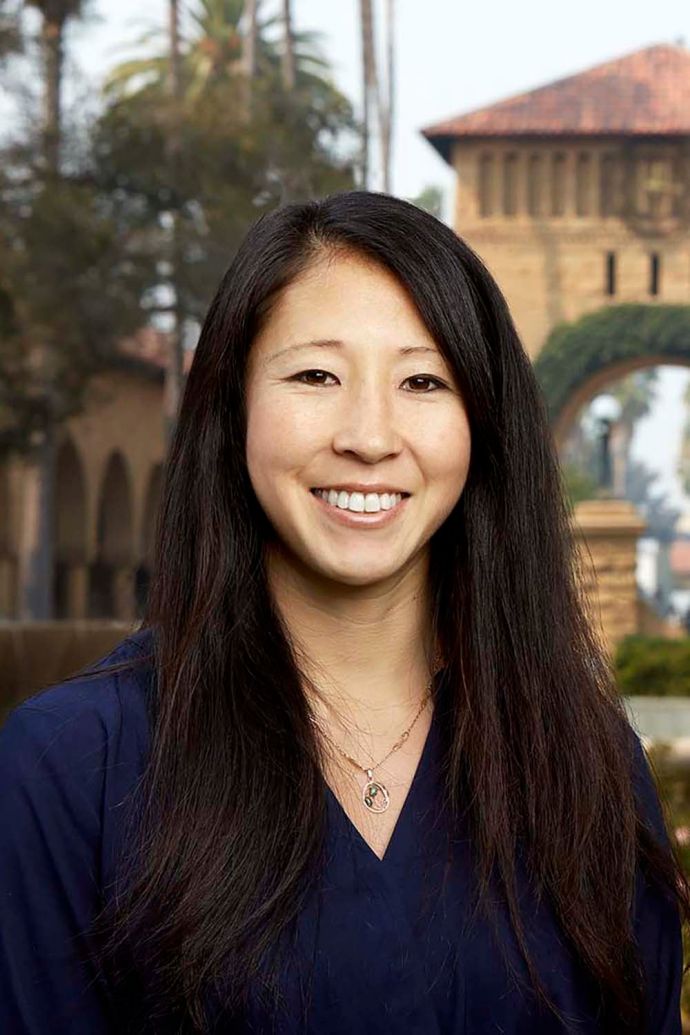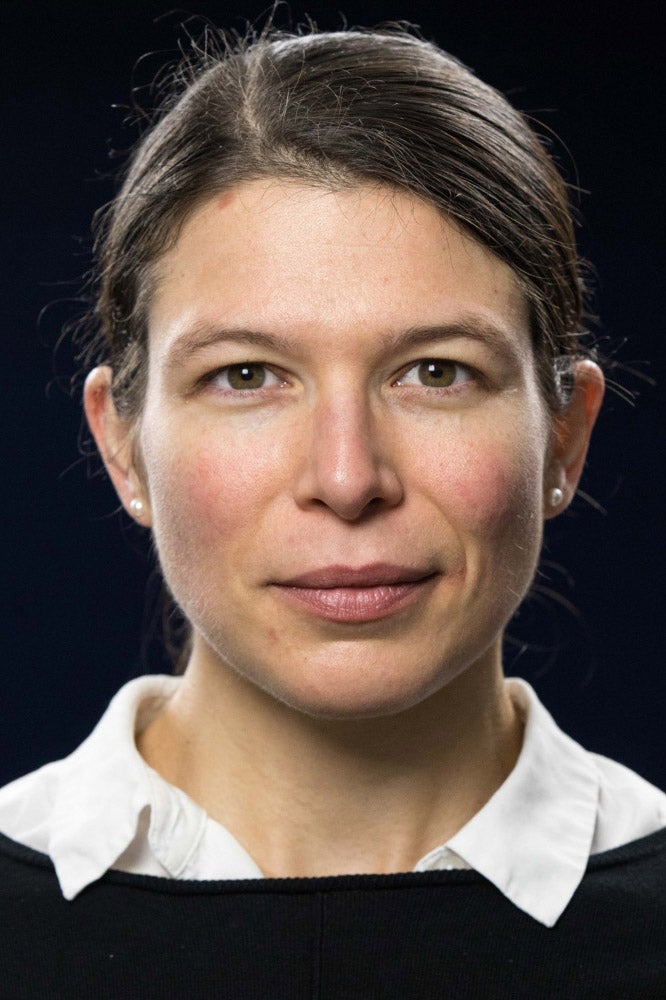As our nation remembers the lasting legacy of the Reverend Dr. Martin Luther King, Jr. this month, we are gripped by political and civil unrest and deep societal divisions. Across the nation, Black Lives Matter protests erupted again this past summer in response to the killing of George Floyd and others in the Black community, prompting urgent calls for confronting and ending racism and for a renewed effort to correct historic racial injustices and inequities.
Go to the web site to view the video.
In his 1963 Letter from the Birmingham Jail, Dr. King wrote: “Let us all hope that the dark clouds of racial prejudice will soon pass away and the deep fog of misunderstanding will be lifted from our fear-drenched communities, and in some not too distant tomorrow the radiant stars of love and brotherhood will shine over our great nation with all their scintillating beauty.”
Dr. King’s legacy lives on not only through his writing, speeches and efforts to create a just and more equitable society for all, but also through those he inspired. Stanford Report asked several scholars in the School of Humanities and Sciences to share the impact Dr. King has had on them and their work.
James T. Campbell
Edgar E. Robinson Professor in United States History
I am just old enough to remember Dr. King, but my appreciation of him developed in graduate school, thanks to one of my Stanford teachers, Clayborne Carson. Clay introduced me to a more complex, challenging figure than the one comfortably ensconced in the nation’s collective memory.
Everyone today quotes the “I have a dream” speech, but what do we know of the King who risked his political career to condemn the war in Vietnam, who declared that every bomb dropped overseas exploded in an American city, who asked what good it was to sit at a lunch counter if one couldn’t afford a hamburger, who marched in Chicago for fair housing and came to Memphis, where he died, to support striking garbagemen?
If we truly wish to honor King, if we truly hope to find in his life some insight into our own historical predicament, we need first to see him whole.
Jackelyn Hwang
Assistant Professor, Sociology
Dr. King dreamed of true equality. He dreamed not only of an end to legal segregation but of a just world in which our social, economic and political institutions allowed all individuals access to resources and opportunities that enabled true citizenship and potential. The injustices that Dr. King fought so hard against motivated me to become a scholar of housing inequality and residential segregation.
My research and the continued occurrence of distressing events, like the storming of the Capitol and the murders of George Floyd and Breonna Taylor, serve as constant reminders that we have a long way to go to achieve Dr. King’s vision. Yet, in a time of different circumstances, Dr. King believed that we could achieve it.
Dr. King’s conviction and courage have and will always inspire me to share his vision and continue my efforts to dismantle the racist institutions that perpetuate neighborhood inequality and segregation.
Ato Quayson
Jean G. And Morris M. Doyle Professor in Interdisciplinary Studies, English
Martin Luther King, Jr., has been a beacon of reason and hope to me and my friends since I was a teenager. His quip about planting an apple tree today if he was told that the world was going to end tomorrow has had a special resonance for me since then.
We didn’t have apple trees in Ghana where I grew up, but the principle of tending something fragile into a bounty of fruitfulness against all odds was one that I have never forgotten. And I have apple trees of my own now.
Wendy Salkin
Assistant Professor, Philosophy
I have often thought that one way to assess whether a thinker has influenced one’s work is by answering this question: Is their book on your desk right now? If an affirmative answer indicates their depth of influence (as I think it does), then it is worth mentioning that Dr. King’s Stride Toward Freedom: The Montgomery Story never leaves my desk.
My scholarship on informal political representation has been profoundly shaped by King’s reflections on being a spokesperson for Black residents of Montgomery, Alabama, during the bus boycott. King writes: “I neither started the protest nor suggested it. I simply responded to the call of the people for a spokesman.” Inspired by King’s reflections, in my research I consider what it means to be called by others to serve as an informal political representative. When must one heed this call and when may one reject it?
King’s historically informed approach to political philosophy has deeply influenced my sense of what political philosophy is for and what are its stakes. Philosophers are sometimes criticized for advancing ahistorical arguments concerning, say, what justice requires. King shows us the importance of situating our theoretical reflections on justice within historical contexts, saying not just what justice requires but also laying bare what its absence looks like in real life.
Matthew Snipp
Burnet C. and Mildred Finley Wohlford Professor in the School of Humanities and Sciences, SociologyVice Provost for Faculty Development, Diversity and Engagement
I’ve spent my entire career teaching and writing about race relations in America. I have an unbounded respect and admiration for Dr. King’s accomplishments. His pursuit of social justice for oppressed people everywhere was relentless, and he made America better.
But the sight of Confederate flags in the Capitol on Wednesday, Jan. 6, only underscores how much more work must be done before we become the kind of nation that Dr. King imagined. We live in the shadow of slavery, the expropriation of Native land, and racial inequality is encoded into the DNA of our nation. This wasn’t undone by the 14th and 15th amendments, and it wasn’t undone by the Civil Rights Acts of 1866 and 1964, or the panoply of civil rights protections passed into law in the 1960s.
Still, undo it we must for the future of our nation, for coming generations of Americans and to realize Dr. King’s vision.
Media Contacts
Joy Leighton, Stanford School of Humanities and Sciences: joy.leighton@stanford.edu




